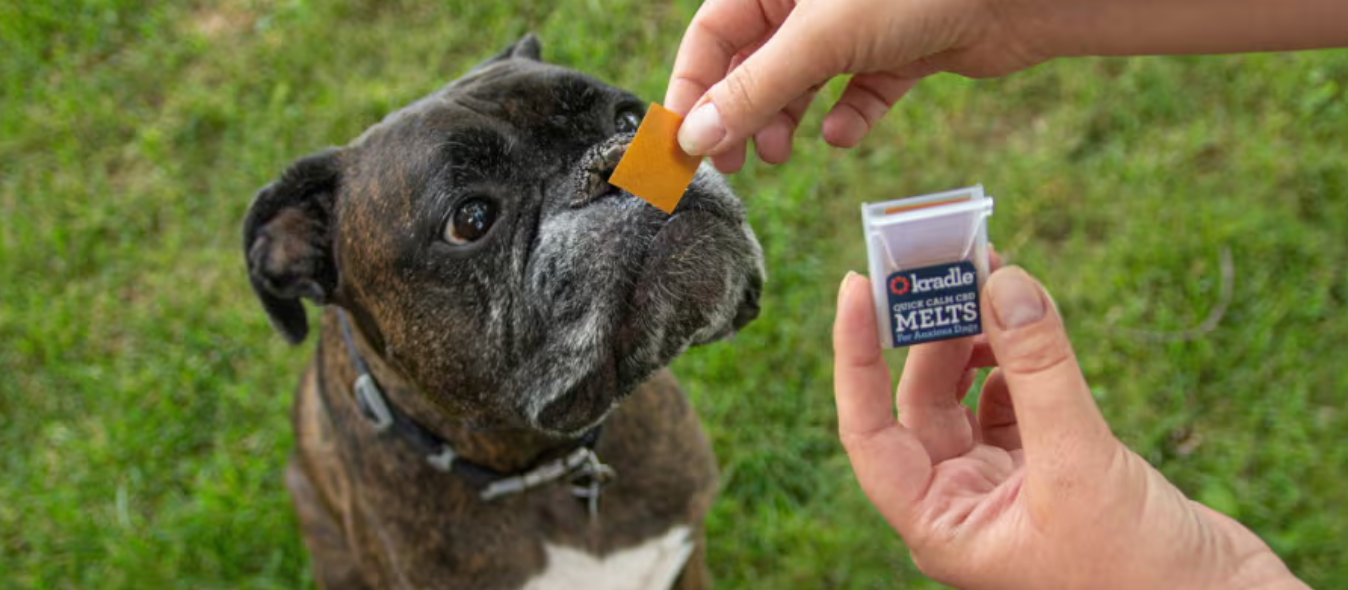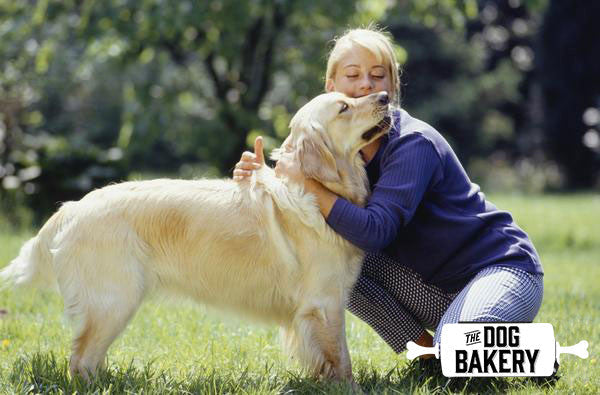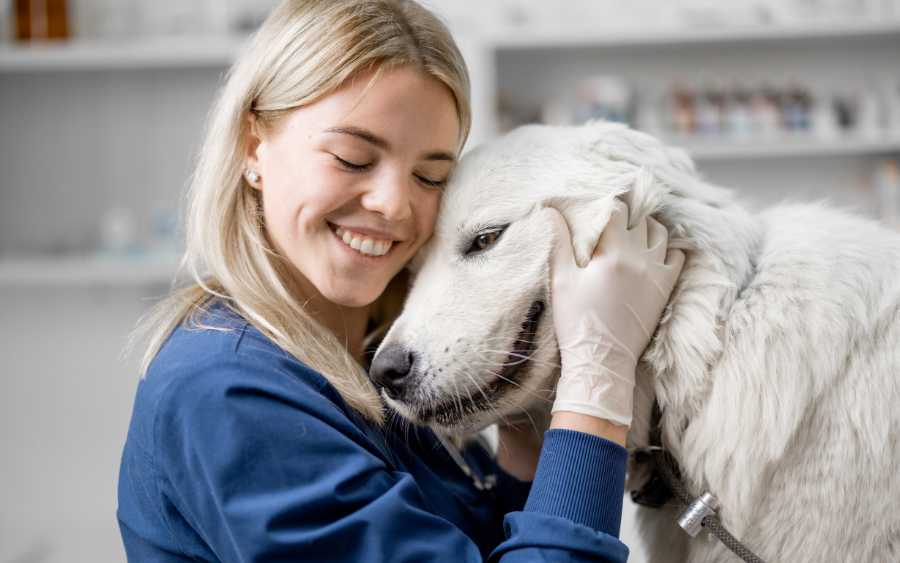Did you know your dog can get acid reflux? Many people probably don't even consider the fact that like humans, dogs can also have problems with acid indigestion. No, they don't get it from eating Indian food or buffalo wings like we do, but food does play a large role in reflux for dogs.

The first question you may ask is, what are the symptoms of acid reflux in dogs? The most common symptom is spitting up or regurgitation of their food. However, you my also witness your dog whining when they swallow, or they may even go as far as not eating. After all, if something hurts, you want to avoid doing it, right?
But the problem is, dogs can't thrive without eating, and this may cause weight loss. When the problem gets too bad, you may notice severe salivation and perhaps, even a fever. If your dog shows any of these symptoms, especially frequent vomiting or weight loss, you should see a veterinarian right away for a definitive diagnosis.
 Once you have the diagnosis, however, you may wonder what you can do to help your dog's condition. Many vets will undoubtedly suggest switching your dog's food to something that's easier to digest and less likely to cause problems for your canine friend. A good vet will suggest eliminating potential allergens from your dog's diet, which means that you'll want to look for a dog food that doesn't have gluten, rice, soy, and GMOs. In addition, you'll also want to stay clear of preservatives, colorings, additives, and emulsifiers, all of which are common in commercial dog foods.
Once you have the diagnosis, however, you may wonder what you can do to help your dog's condition. Many vets will undoubtedly suggest switching your dog's food to something that's easier to digest and less likely to cause problems for your canine friend. A good vet will suggest eliminating potential allergens from your dog's diet, which means that you'll want to look for a dog food that doesn't have gluten, rice, soy, and GMOs. In addition, you'll also want to stay clear of preservatives, colorings, additives, and emulsifiers, all of which are common in commercial dog foods.
While this sounds daunting, it really isn't so bad. Finding a good, high-quality, grain-free food is important for your dog anyway, even if acid reflux isn't an issue. But if you feed your dog food that contain any of the ingredients listed above, it can cause other gastrointestinal problems for your canine companions.
Think of it this way – all those unnatural colorings and flavors commonly found in dog food are similar to eating your favorite fast food meal. While it may be delicious in the moment, how do you feel when you eat a steady died of processed burgers and fries with artificial ingredients? Do you suffer from stomach upset and/or acid reflux sometimes? Well, the same goes for your dog.
We can't stress it enough. You really need to know everything you can about the different dog food brands and what goes into your dog's food in order to keep health problems at bay. Look into the different types of diets out there, including grain free dog food which many experts agree is key to a healthy dog's diet. And you can find a great a grain-free formula that fits the above criteria here.
In addition to grain-free food, you will want to look at the different meat sources available. For dogs with sensitive gastrointestinal tracts, lamb is a gentler protein source that's easier to digest.

When switching dog food, always make sure to gradually transition from the old food over to the new. This is especially important for dogs with acid reflux and other gastrointestinal issues. But even for healthy dogs, it's always a good idea to take things slow. The entire process should take between 7-10 days, as you start out with 75% old food/25% new food. Do this for 2-3 days before doing a 50/50 mix, which you will then continue to do for 2-3 days more. After that, you move up to 75% new food, and after a few more days, transition your dog completely over to the new diet. And as long as you're picking a good-quality food, transitioning slowly will keep the tummy issues to a minimum, making for both a happier human and a happier, healthier, more comfortable dog!






